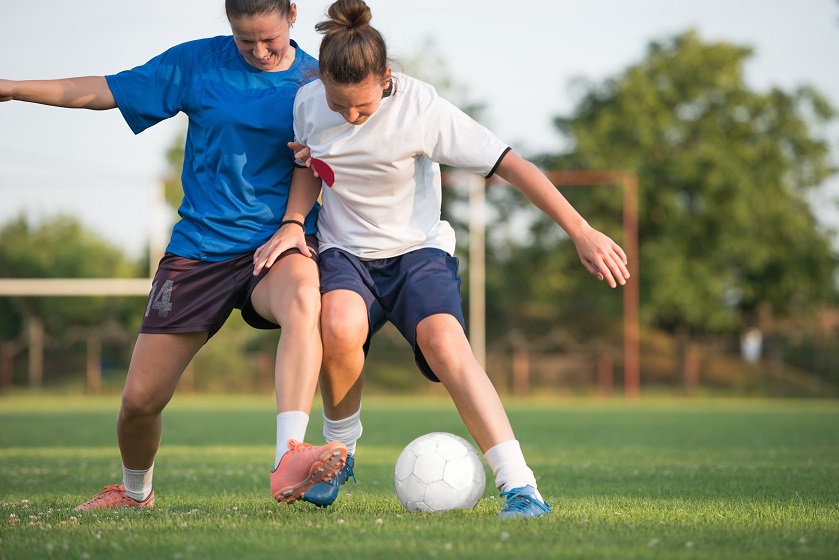
Train Smarter Not Harder!
The gyms are open!
Whether you are starting exercise as part of a New Year’s resolution, looking to shed some COVID kilos or preparing for the sporting season ahead, there are a few things to think about before getting back into training.
Change in health status?
If you have developed pain or have had a change in your health status since you were last in the gym, then it’s important to be assessed by a physiotherapist before commencing training. Understanding the source of your pain or impact of a health condition is necessary to minimise risk of further injury or illness.
If you are feeling well and ready to return, then here are a few things you should keep in mind to keep you injury free and on track with your goals.
Do not resume training at your previous loads!
We can all be eager to get straight back into training at the same weight or intensity as before the break, however jumping back in where you left off can be risky and is a common cause of injury. A good rule of thumb is to reduce your weights by 50% on your return to the gym or begin with body weight exercise before slowly adding weight.
The slower the climb, the higher the peak!
Stay on track to achieve your long-term goal by avoiding injury. Too often do people go too heavy too quickly, resulting in time spent missing training. Try to keep weight increases to no more than 10% per week. These incremental increases give your body time to adapt to the changing load.
Rest is Important!
Our bodies need rest and recovery time in between training loads to get stronger and minimise injury. It is important to program rest or active recovery days where your heart rate does not exceed 140 bpm.
Consider training every second day or complete a gentle walk, swim, or bike session on the off days if you are looking to stay active. If you need some advice to assist with getting back into the gym or run into problems on your return, the team at NU Moves Physio would be happy to give you a hand.

